What are the various types of ulcerative colitis?
Ulcerative colitis can be treated and controlled although ti does cause discomfort. Types of ulcerative can also be observed for detailed information about colitis.
Colitis happens to be the inflammation of the tissue that lines the colon. Colitis is not a condition in itself but rather it is a sign that another disease process is at work in one’s body.
The colon is a hollow tube having several layers of tissue, all of which can be indeed affected by disease and inflammation.
The six sections of the colon (in order after the small intestine) happen to be the cecum, transverse colon, ascending colon, descending colon, sigmoid colon, and rectum.
Ulcerative Colitis
Ulcerative colitis is considered to be a form of inflammatory bowel disease (IBD). Symptoms can indeed include diarrhea (often bloody), abdominal pain, weight loss, and also has an urgent need to use the toilet.
Ulcerative colitis is indeed often diagnosed in young adults and tends to have a cure. Considered to be a Western disease, now it is emerging commonly also in developing countries.
Genetics does play a role.
Environmental factors and the gut microbiome may also be factors in the development of the disease. The gut microbiome is rather composed of bacteria and other microorganisms that normally do live in the gut and also help with digestion.
There are several medications available to treat ulcerative colitis.
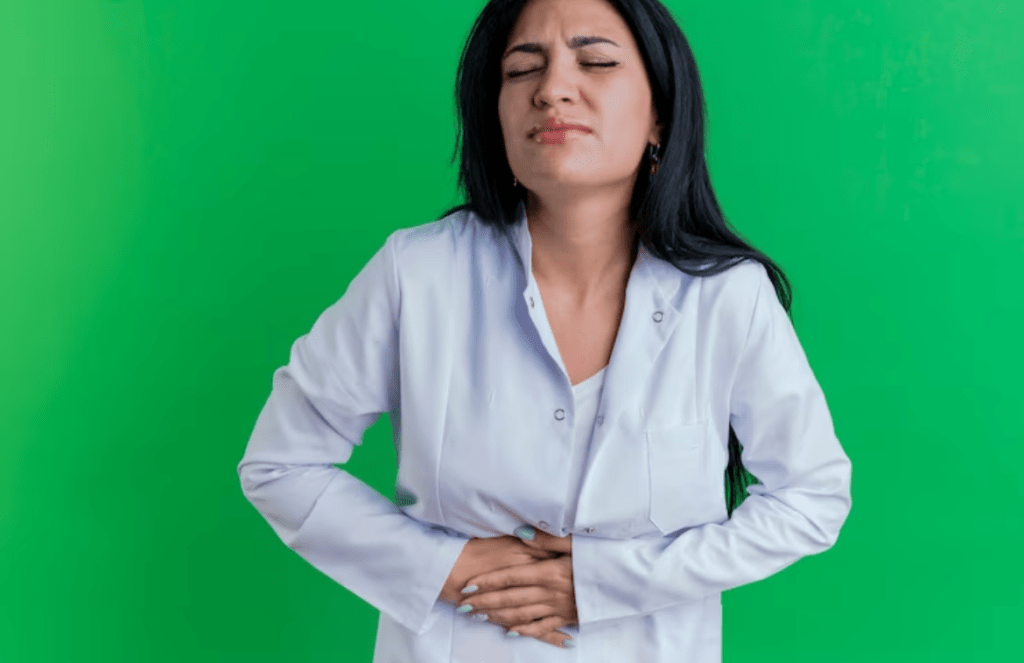
Lifestyle changes and complementary therapies do help cure this health condition, like changing diet, exercising, taking supplements, and also trying acupuncture. Caring for mental health via talk therapy, meditation, mindfulness or other therapies may also be part of one’s treatment plan.
Types of ulcerative
Ulcerative Proctitis
In this form of ulcerative colitis, it is the rectum that gets inflamed. Common signs include diarrhea, with or without blood, pain in the rectum, and the urgent need to go to the bathroom. Constipation can also be there.
Left-Sided Colitis
This happens to be a commonly diagnosed form of ulcerative colitis. Left-sided colitis affects about 40% of people who are diagnosed with ulcerative colitis. It is referred to as “left-sided” because the inflammation is found on the left side of a person’s colon. The symptoms can be bloody diarrhea, weight loss, lack of appetite, and pain on the left side that can be rather severe.
Pancolitis
When inflammation happens to be found in the colon, it is known as pancolitis. The symptoms can rather include bloody diarrhea, weight loss, lack of appetite, abdominal cramping, and also abdominal pain that can be severe.
Microscopic Colitis
This is diagnosed in a few people who happen to undergo a colonoscopy to determine the cause of their chronic diarrhea. Women are more prone as compared to men. It also is more common in people above 65.
Unlike ulcerative colitis, microscopic colitis does not cause blood in the stool. Drugs are made used to treat the patients. The cause is not known, though.
Lymphocytic Colitis
In lymphocytic colitis, a biopsy of the inside of one’s colon is carried out and during a colonoscopy for evaluation of diarrhea, the problem can get highlighted, showing an increased amount of a type of white blood cell known as lymphocytes.
Collagenous Colitis
In collagenous colitis, a biopsy is rather during a colonoscopy for evaluation of diarrhea may rather show a thickened collagen layer in the tissue lining the colon.
Pseudomembranous Colitis
In pseudomembranous colitis, the lining of one’s colon becomes rather inflamed and forms a yellow-white membrane referred to as a pseudomembrane.
Ischemic Colitis
If blood flow to one’s large intestine tends to get blocked or slowed down, it can rather cause ischemic colitis. This can happen for several reasons, a few of which are high cholesterol, blood clots, surgery, or the use of cocaine or methamphetamine. This condition can rather occur in people of any age but most commonly in those above 60.
Conclusion
It helps to know more about colitis.

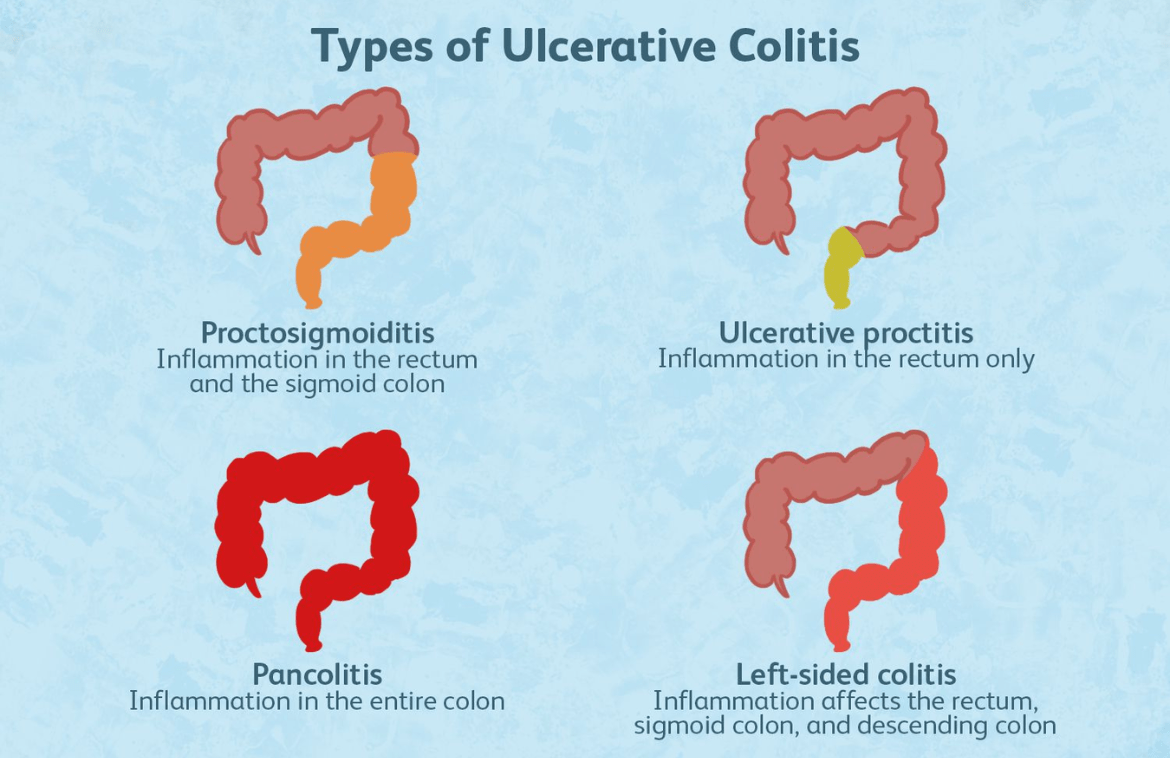



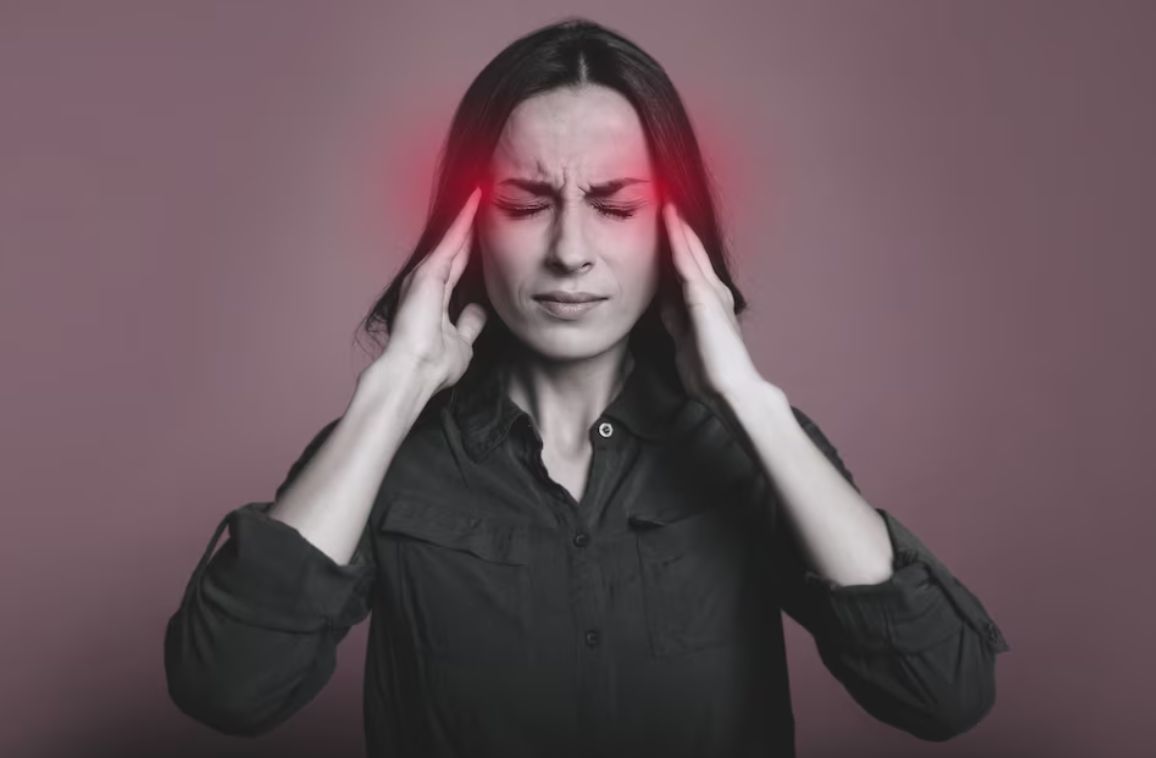

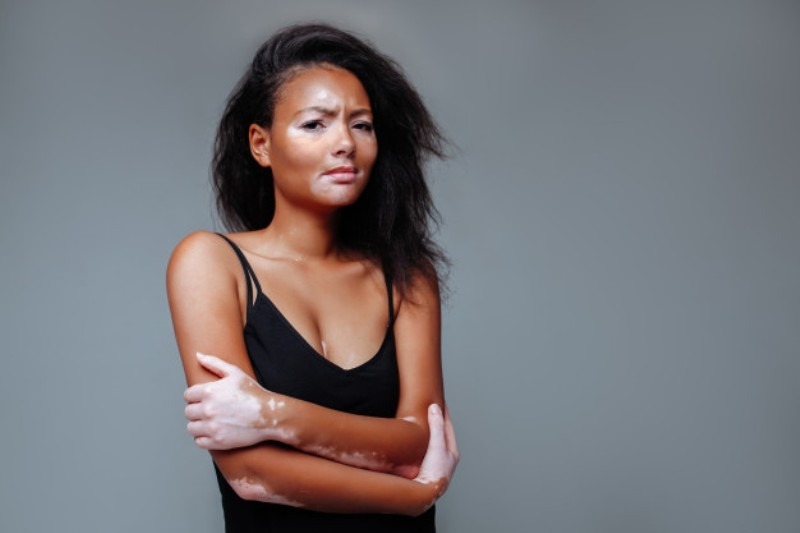
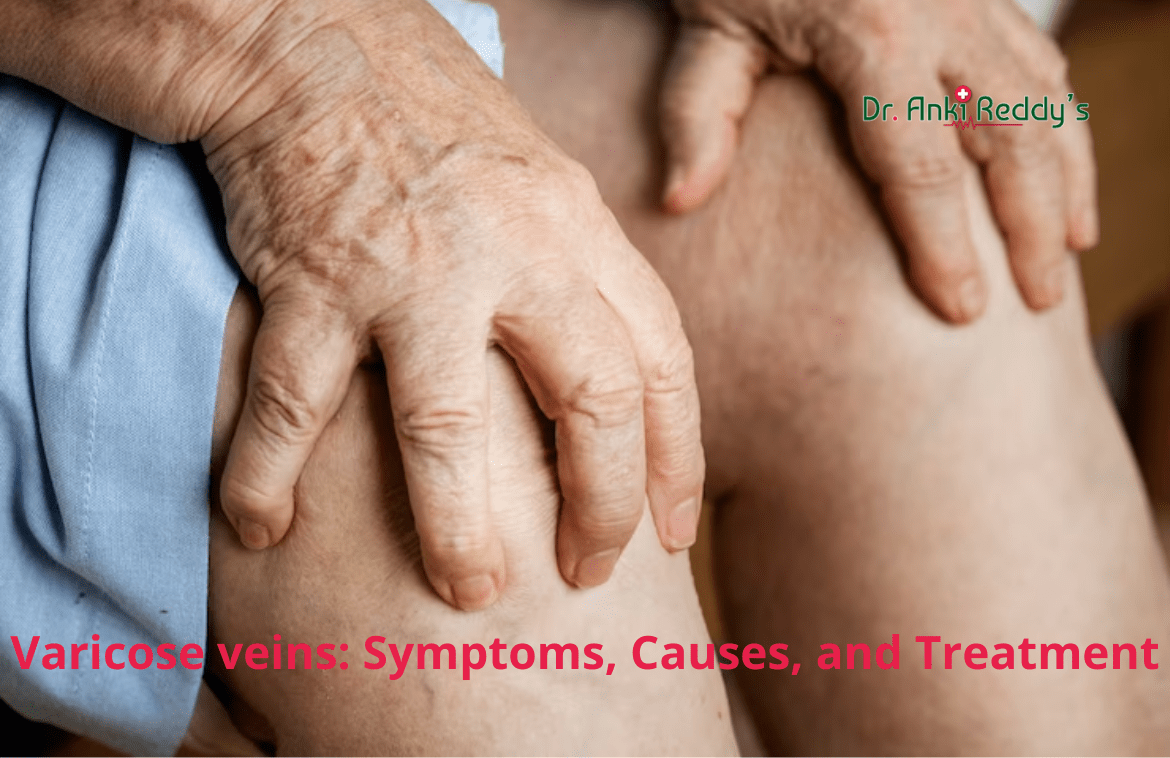
There are no comments